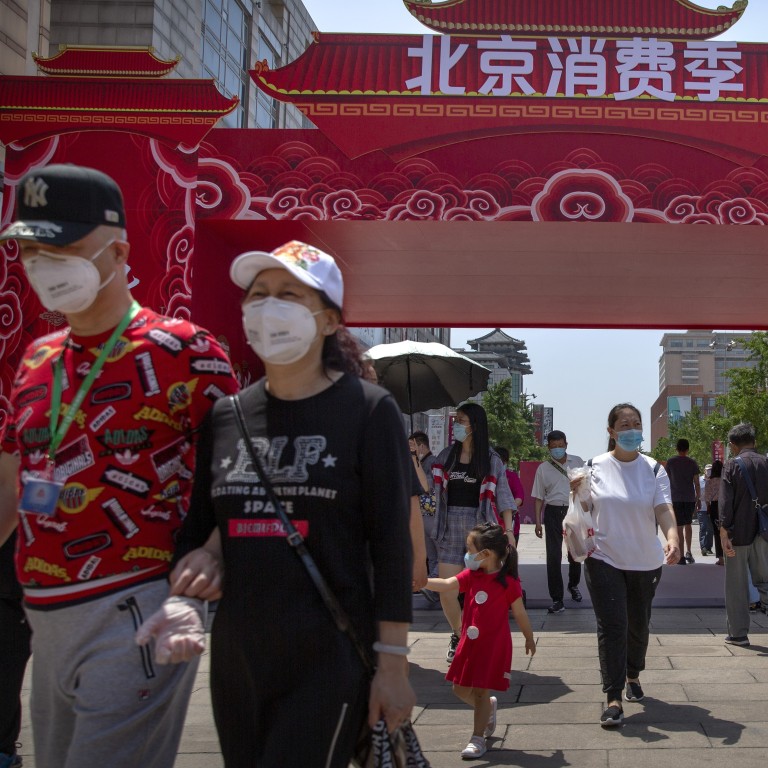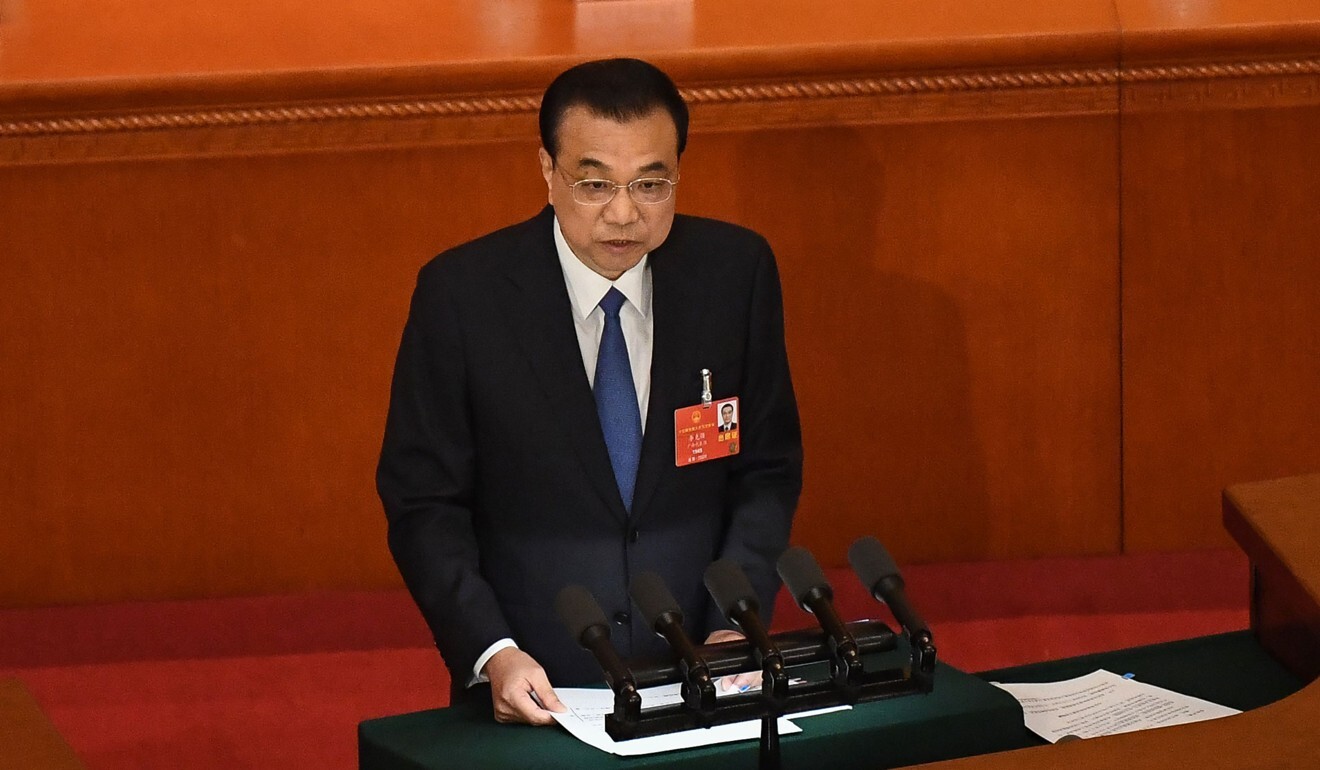
‘Weak links’ in China virus fight need fix
- White paper makes it clear that urgent improvements must be made to the country’s infectious disease reporting and early warning systems
China is the first country to produce a white paper on the coronavirus pandemic. It will not be the last to face some soul-searching on its response to the outbreak and scrutiny of lessons learned.
Premier Li Keqiang set the stage for the release of the 37,000-word paper in his recent work report to the National People’s Congress, with a rare admission that “many weak links” had been exposed in public health emergency management. People had recommendations that “deserve our attention”.
He pledged in particular to improve infectious disease reporting and early warning systems, following domestic and international criticism of China’s handling of the early stages of the epidemic.
In a subsequent press briefing on the paper, National Health Commission director Ma Xiaowei identified room for improvement in the public health system in the light of a performance that was, nonetheless, “generally effective”. It included the need for a better epidemic monitoring and warning system.

He said China would improve the emergency plan and build classified health teams to detect, report, warn and respond to major public health events.
Some experts were quick to criticise the absence from the reforms of the need for better communication with the public. According to Professor Li Dun, of Tsinghua University, the warning system would not work effectively without information disclosure and public participation. Professor Zhu Lijia, of the Chinese Academy of Governance, said an early warning was essential in such a crisis.
Greater investment in the public health system on its own will make no difference. China spent more than 700 million yuan (US$99 million) on an early warning system for the Centre for Disease Control and Prevention (CDC) after the severe acute respiratory syndrome (Sars) outbreak in 2002, but it proved ineffective in the Covid-19 outbreak.
Some medical staff were even disciplined for warning colleagues. Ma promised more authority for the national CDC.
Reforms must be clearly substantive rather than cosmetic if they are to improve communication. They must include the CDC’s oversight in the face of a possible crisis.
Sars and now Covid-19 have taught painful lessons. Early warning and information disclosure are paramount to effective crisis management in public safety – because that’s a matter of life and death.

